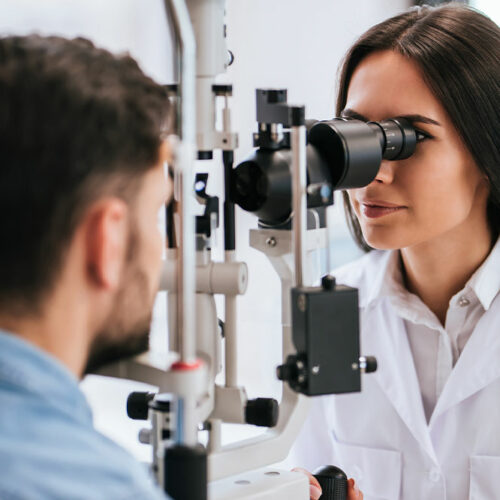Top 6 Travel Mistakes to Avoid

Traveling is an excellent way to unwind and discover new places and cultures. However, it comes with a few challenges, like budgeting, packing, and finding a suitable hotel. Even though you might face unpredicted difficulties, you can make the most of your holiday if you plan things properly. Here are some common travel mistakes to avoid, whether you’re a nomadic explorer or a first-time traveler heading to an adventurous location. Packing too many things Don’t use a heavy suitcase when packing your stuff for the vacation. A heavy suitcase will put you under unnecessary stress and drain your energy. Even worse, you might develop a sore back by the end of the trip because of carrying that heavy load all along. Instead, use a bag with a lightweight material, and ensure it isn’t larger than necessary. Start with a carry-on bag and select the items you need. When making a list of your stuff, narrow your selections to the bare necessities. Also, keep your travel outfits neutral so that anything can be mixed and matched. This way, your clothes can be used for multiple activities, and you’ll have to pack only a few items. If you carry too many outfits, your hotel room will become messy, not to mention there will be way too much laundry waiting for you after the trip.






